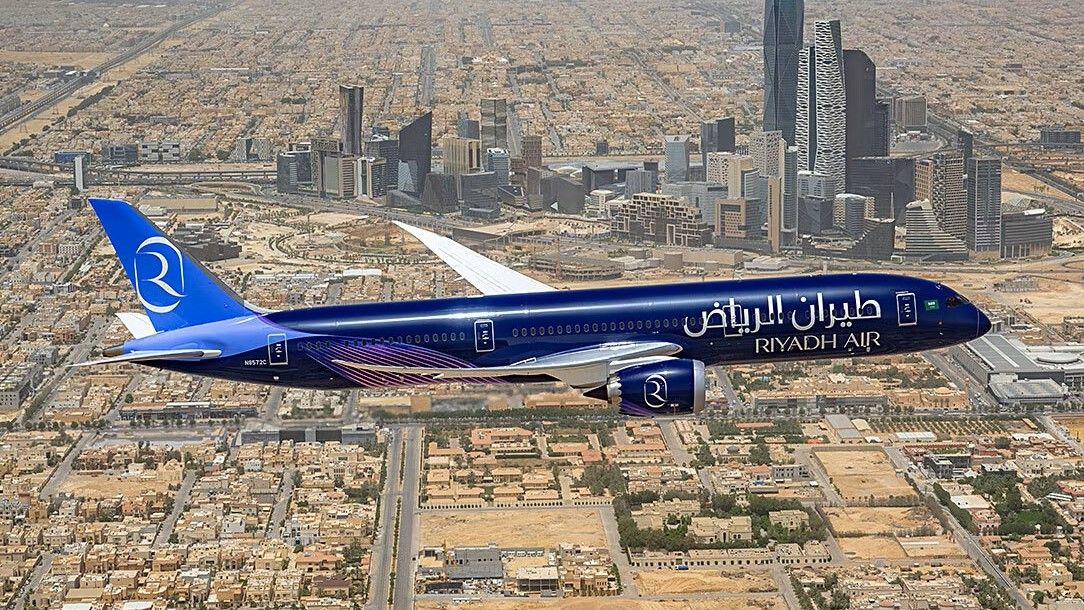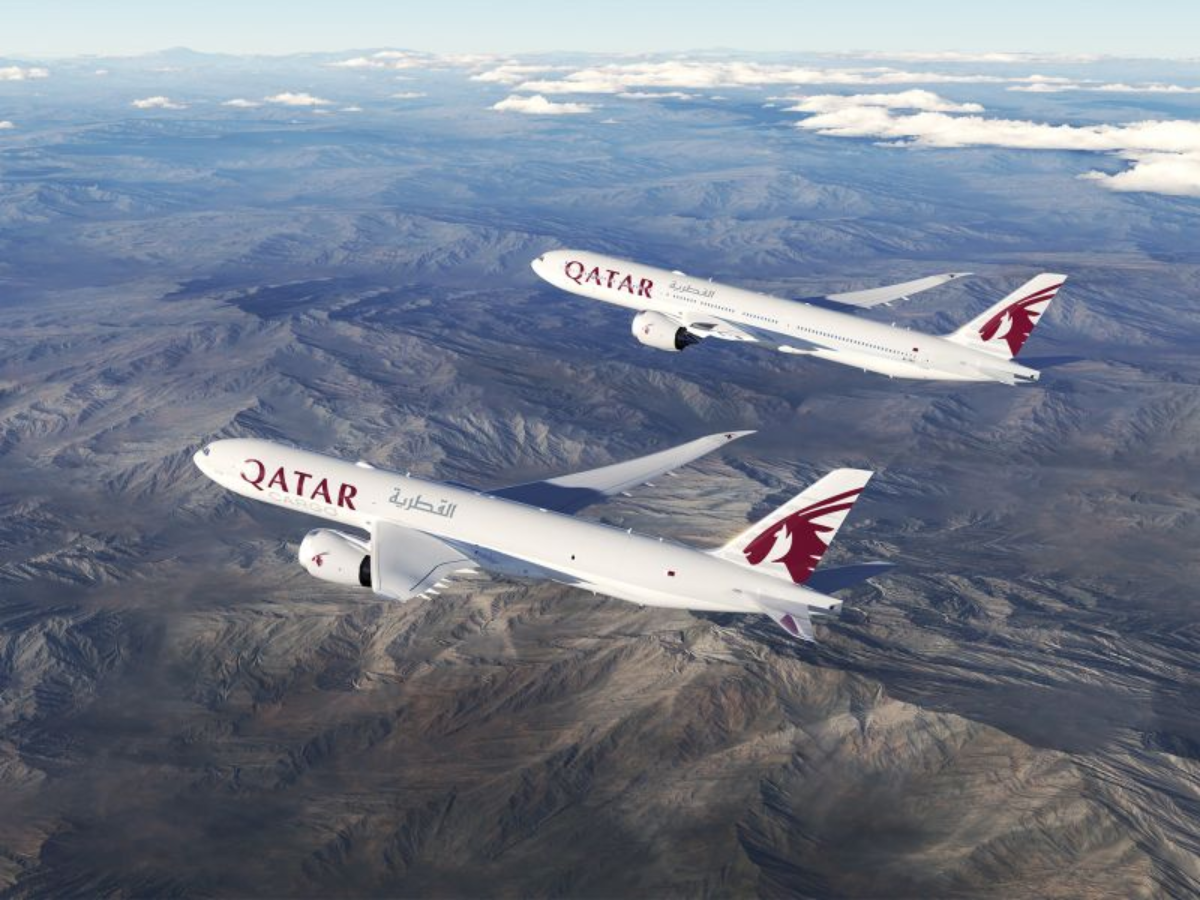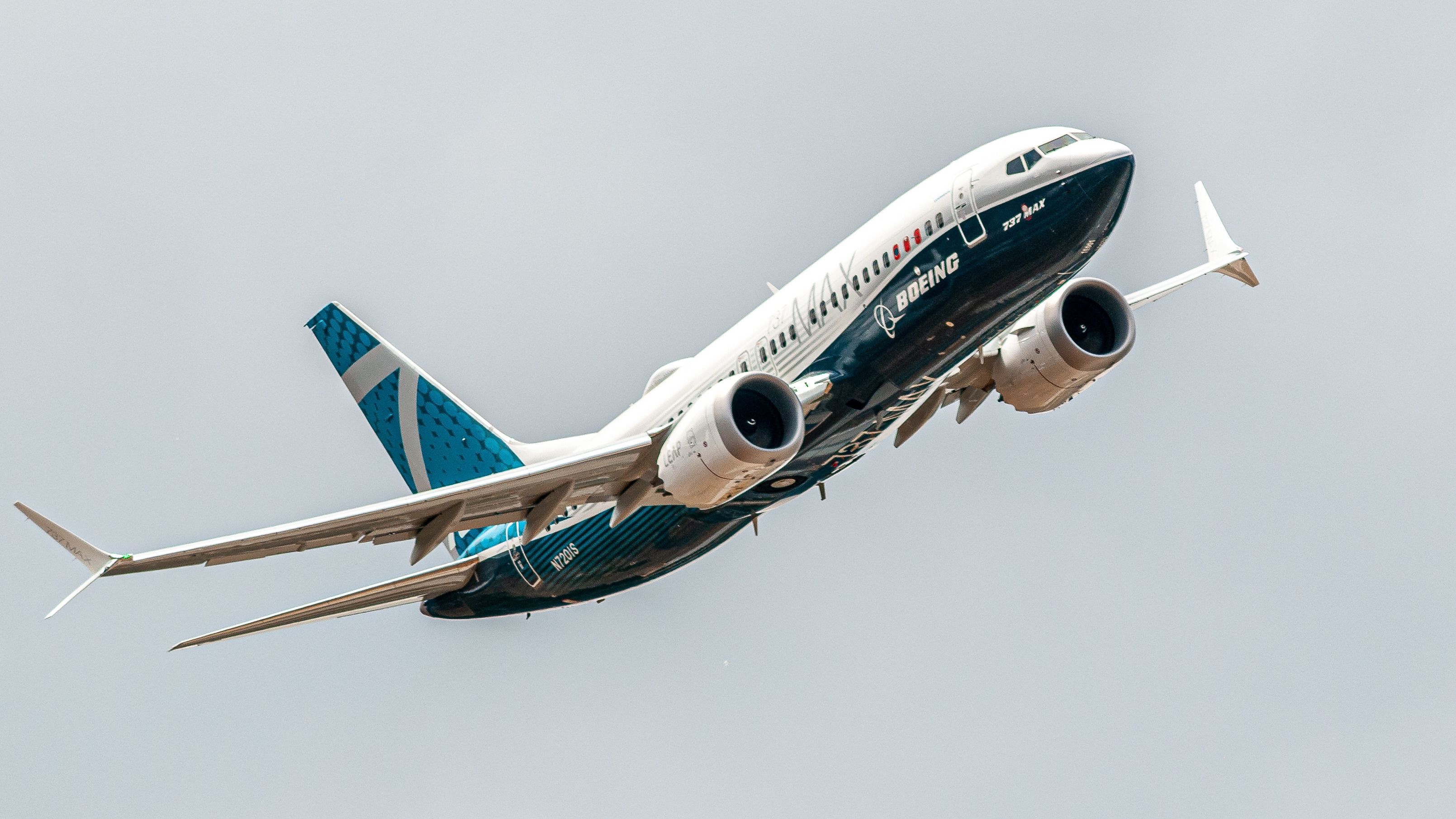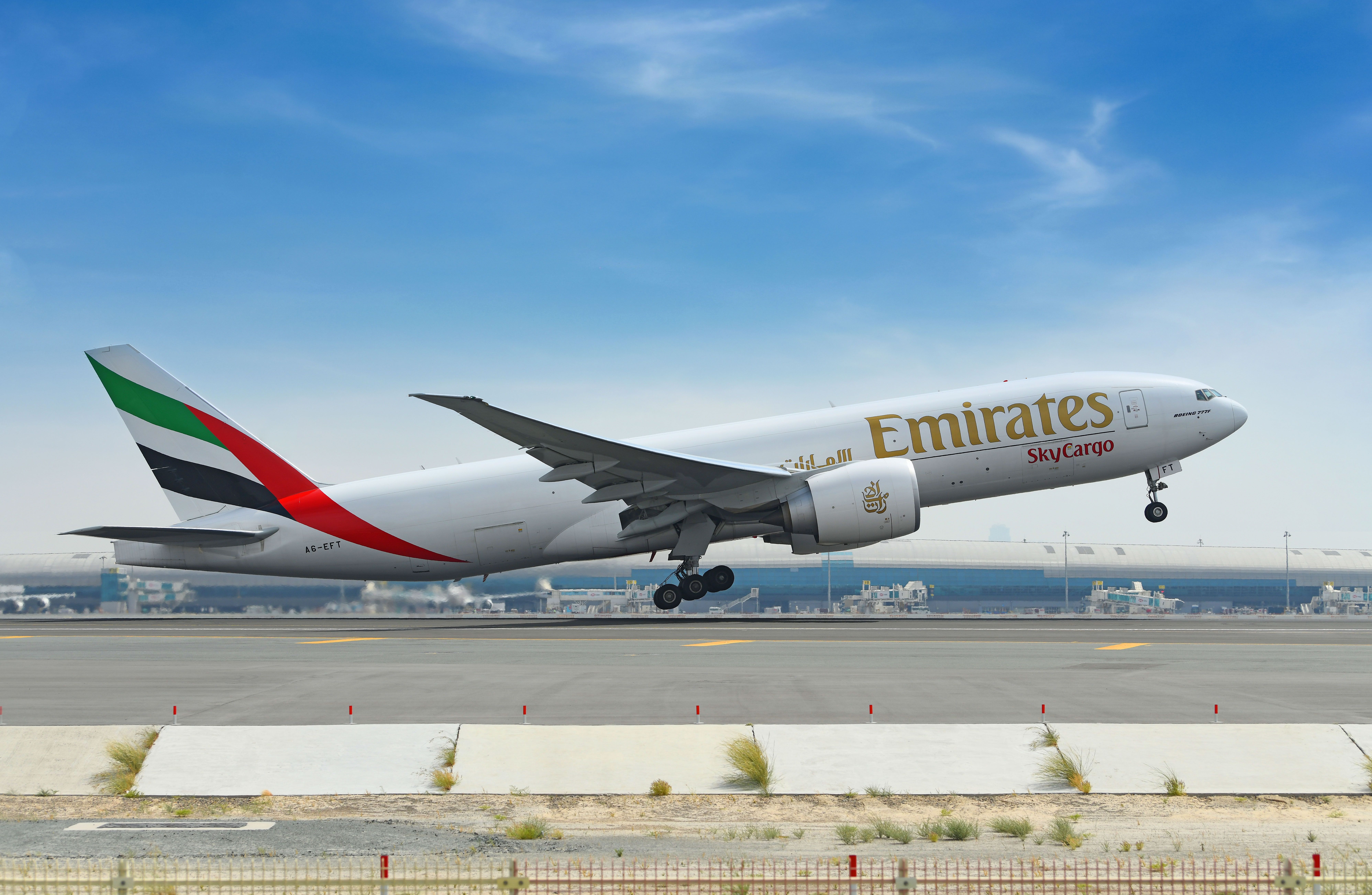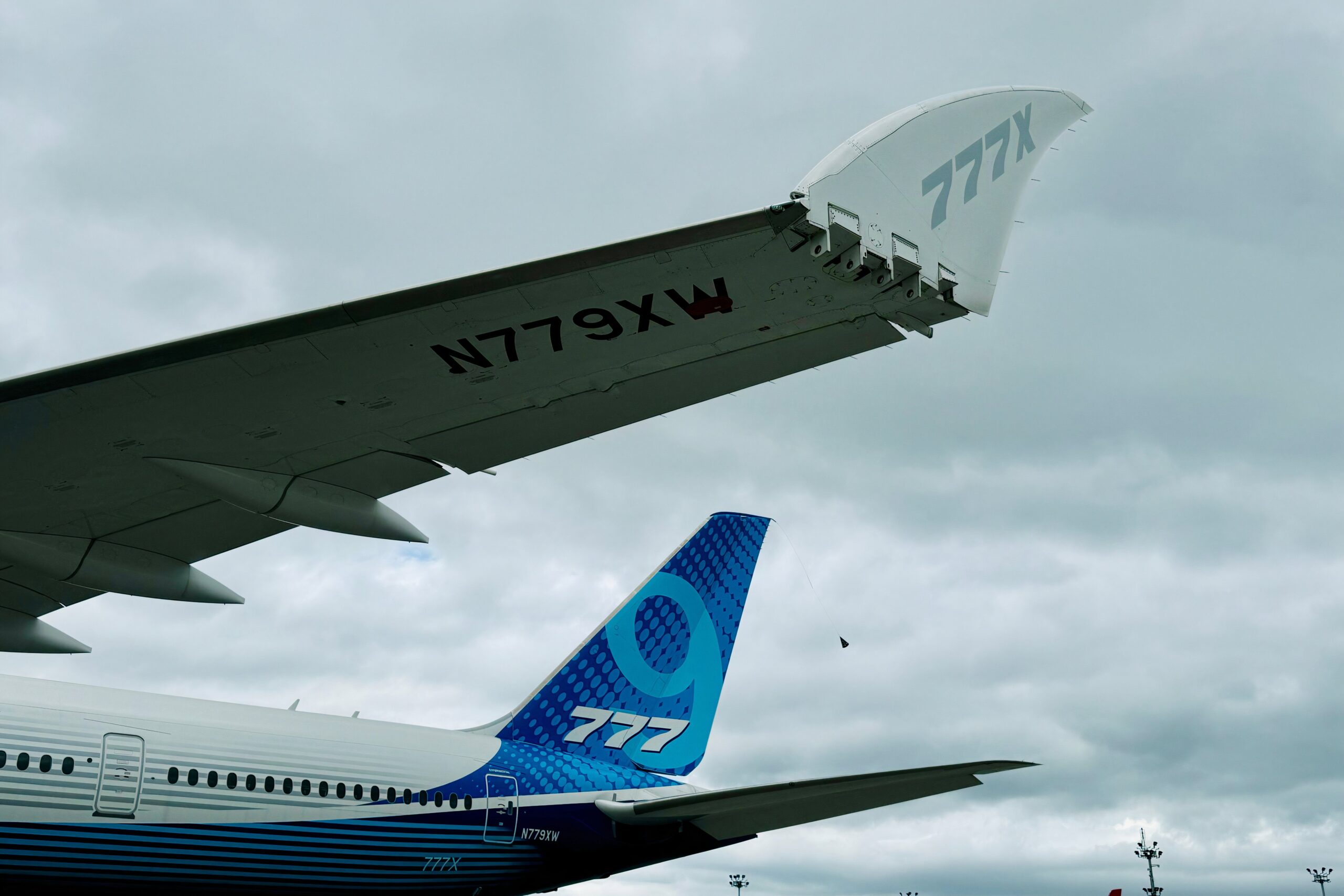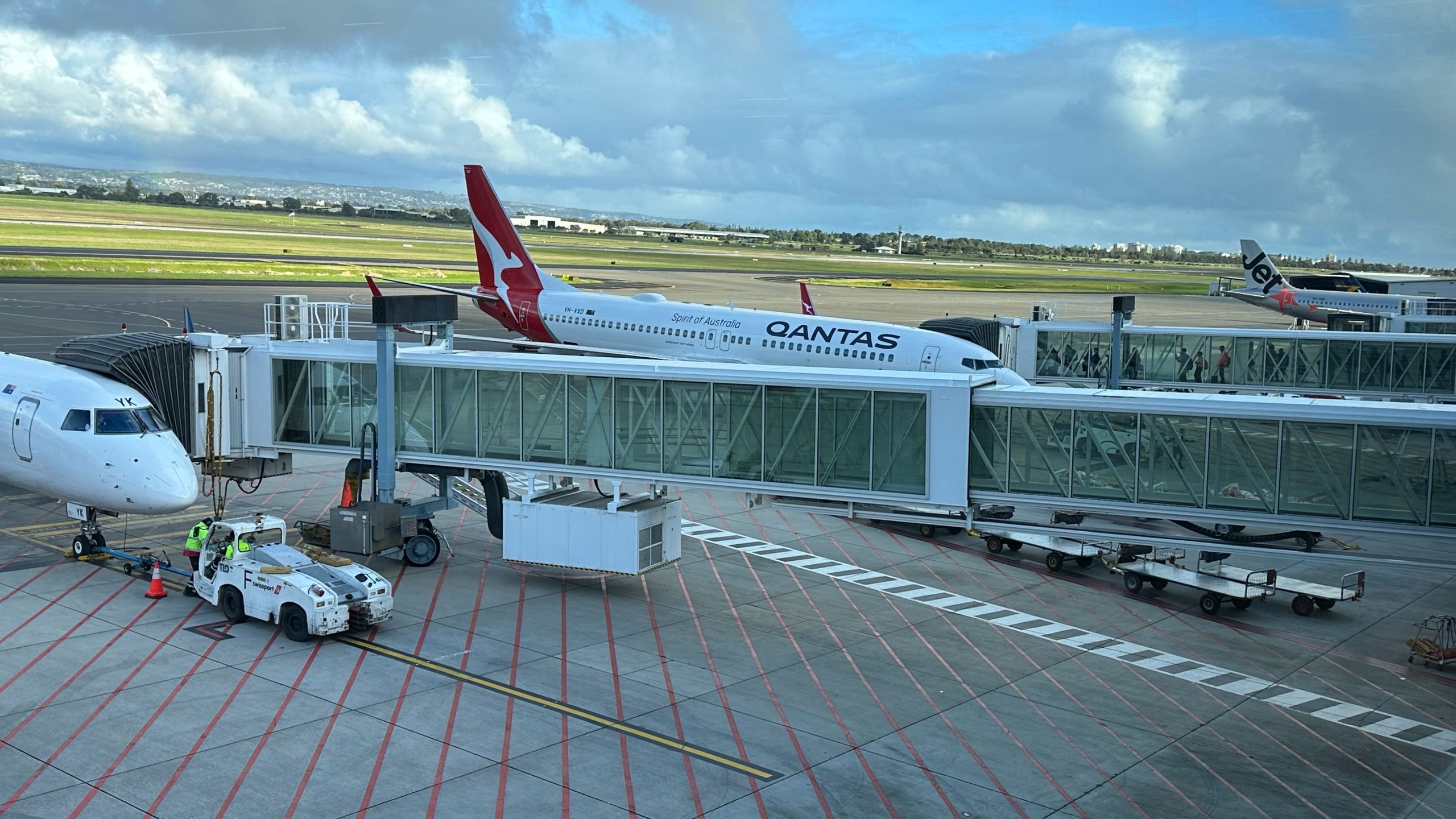Summary
- Boeing reiterates its forecast from the Commercial Market Outlook, predicting that the Middle East will require 3,025 new commercial aircraft by 2042, with nearly half of them being widebodies.
- Middle Eastern, Central European, and South Asian airlines are increasingly making large aircraft orders at the Dubai Airshow, potentially upstaging other major airshows like Paris and Farnborough.
- Newcomer Riyadh Air is rumored to be placing an order with Boeing for up to 100 737 MAX narrowbodies, as it aims to challenge Emirates and Qatar Airways and establish Riyadh as a major transit hub. Emirates is also considering increasing its cargo capacity and may convert some of its 777 passenger aircraft into freighters.
On the eve of the 2023 Dubai Airshow, which opens on Monday, Boeing has today reiterated forecasts from its 2023-2042 Commercial Market Outlook (CMO). With the aviation world focused on the Middle East this week, Boeing has highlighted that between 2023-2042, there will be 3,025 new commercial aircraft delivered to the region, with close to half being widebodies.
Photo: Riyadh Air
There was a time when major airline orders were predominantly announced at either the Paris or Farnborough Air Shows, with some emerging at the Singapore Airshow which is held in February. It seems that perhaps the Dubai Airshow will now upstage them all as more and more of the showstopping large orders come from Middle Eastern, Central European and South Asian airlines.
A fertile area for new aircraft orders
In the CMO, Boeing forecasts that global airlines will need 42,595 new aircraft by 2042 as the total fleet grows to 48,575. Middle East-based airlines will need 3,025 new aircraft, and 45% of those deliveries are forecast to be for widebodies, meaning an influx of 1,350 new widebody passenger and freighter airplanes.
Image: Boeing
The balance of expected new deliveries includes 35 regional jets, 1,570 single-aisle aircraft and 70 dedicated freighters. The number of dedicated freighters in the Middle East is projected to more than double to 180 by 2042. Boeing Vice President Commercial Marketing Darren Hulst said that airlines in the Middle East have increasingly transformed the region into an international air transit hub.
“Air travel and cargo demand continue to gain momentum, driven by significant economic growth and national development plans. As airlines in the region will require efficient and versatile fleet solutions, Boeing products will be ready to meet market demands.”
Which ME airlines are in the market?
The whispers are getting louder about newcomer Riyadh Air placing an order with Boeing for up to 100 737 MAX narrowbodies. Yesterday, Bloomberg reported Riyadh Air is keen to add short-haul aircraft to its fleet and that the airline is considering firm orders for 50 737 MAXs along with another 50 options, with an announcement likely to come as early as tomorrow. The actual numbers are part of ongoing discussions between the parties, and they may change slightly when the deal is announced.
Photo: Wirestock Creators | Shutterstock
The report said that Riyadh Air wants to challenge Emirates and Qatar Airways by building up its network and turn Riyadh into a major hub in competition with the larger Gulf airlines for transit traffic. This would align with Saudi Arabia’s initiative to reduce the nation’s reliance on oil production.
Riyadh Air has already signed a deal with Boeing for up to seventy-two 787 Dreamliners, and the report said it went with Boeing again because Airbus does not have any available delivery slots that match the airline’s plans.
It would not be the Dubai Airshow without any significant and bold news from Emirates, and a separate Bloomberg report last week said the airline was in the market for more cargo capacity. It said that Emirates wants to double its freight capacity in the next decade but has not decided between Airbus A350Fs or Boeing 777-8 freighters, and that decision could be more than four years away.
Photo: Emirates
Bloomberg quotes that Emirates cargo chief Nabil Sultan said the company will evaluate, hopefully by 2027, whether it requires a different mix to what it has already. Emirates currently has an all-Boeing cargo fleet and may look at converting some of its more than 100 777 passenger aircraft into freighters.
Emirates SkyCargo operates a fleet of 11 dedicated freighters, and during COVID-19, it wet-leased two Boeing 747 cargo planes. The airline previously ordered five new Boeing freighters a year ago and is now converting 10 777-300ER passenger planes to freighters.
It will be interesting this week to learn where the orders are both coming from and which OEM they are going to. Neither OEM has regained complete control of their supply chains or production rates, but with slots on the assembly line at a premium airlines are queueing up to get some deals done, and Dubai is certainly a place for doing deals.

